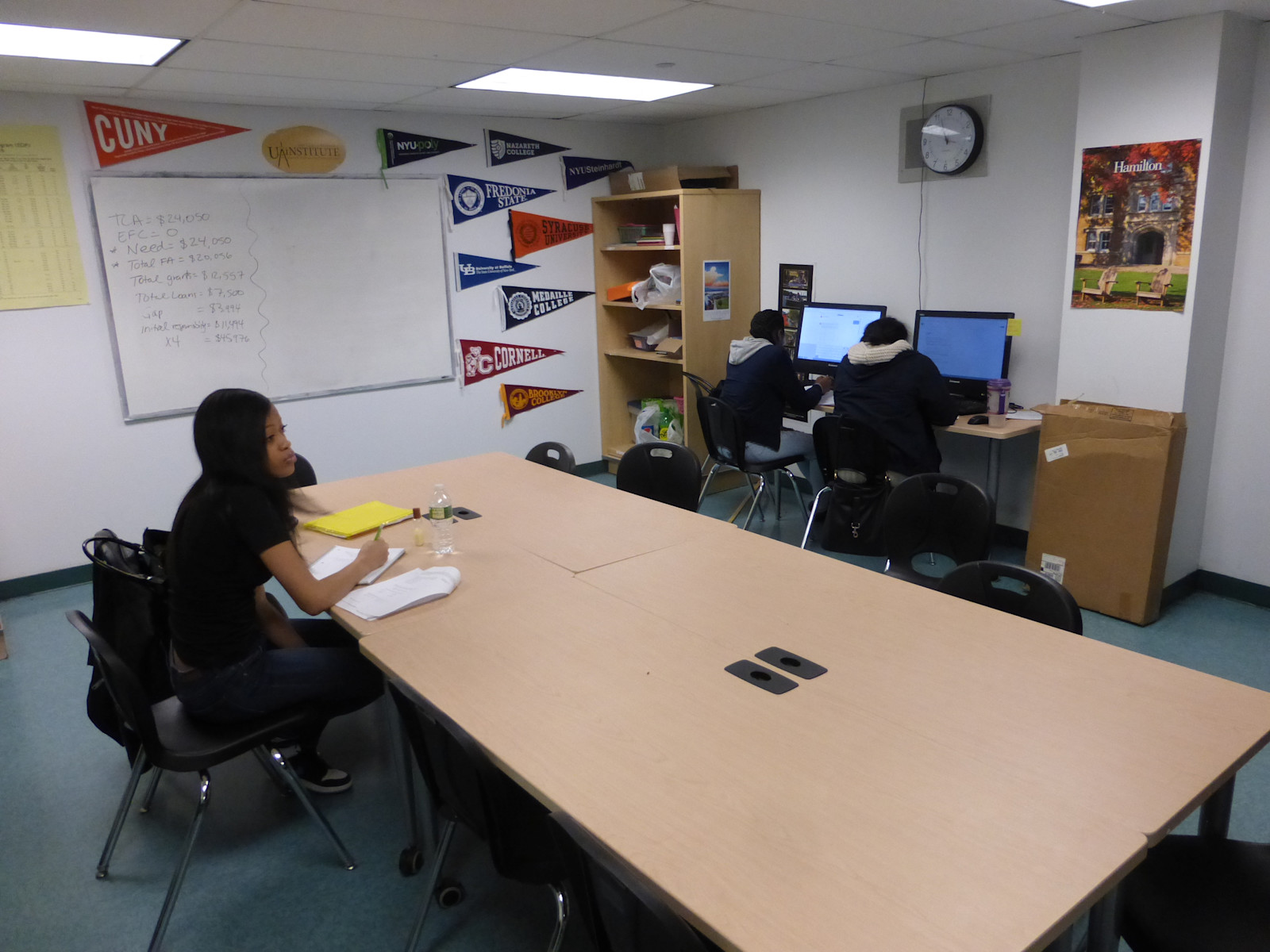College counselor overwhelmed? Become your best advocate

Q:The college office at my son’s school seems overwhelmed and under-staffed. What can we do?
A: This is a common problem for high school students and an issue that was widely discussed at the huge National Association of College Admissions Counselors (NACAC) conference I attended this fall in Boston.
A major point of discussion was access. Are all students who wish to pursue higher education given the opportunity to try for it? And are they given opportunities that are equal? One general message was that, despite the best efforts of many, less attention is given in many schools, nationwide, to individual students because college counselors are simply overwhelmed by the numbers of students they have to advise.
While students at very small public schools or independent schools may have counselors holding their hands through every step of the application process, this does not apply to most students in this city (or country), where the average caseload of a high school college counselor is around 400.
It is very important for students to advocate for themselves at school. Set up personal meetings with your counselor. Don’t just accept the college list you are first offered—do some research yourself and learn which schools offer what you seek. It is crucial for each student to have at least one adult ally at his or her high school. This can be a counselor, teacher, coach, or administrator—but someone who truly likes and believes in that student and will help whenever possible.
Students really need to speak up and advocate for themselves. Don’t wait for a counselor to ask to see you. Stop by their office at the beginning of junior year, introduce yourself, and make an appointment. Talk about your dreams and hopes. And if you feel that you are being discouraged, dismissed, or ignored—see someone else, even a friendly teacher.
Do not worry obsessively about one low grade or a weak test score. See the big picture—getting your higher education. Most counselors, and most admissions readers, want you to succeed. Admissions staff, for their part, know that students approach the college process with a variety of advantages and disadvantages. Some families can afford expensive test prep programs, and others cannot. Some schools can afford to offer a huge array of AP courses, while others cannot. Therefore, college admissions personnel used the word “holistic” a good deal at the NACAC conference.
What does “holistic” mean? A student’s application will be looked at as an entire package made up of different parts that may be emphasized differently. If you ask a college, “what counts more, the SAT/ACT or the GPA?” you will not get any simple answer. An application will be looked at as an organic whole. Grades may not be emphasized in a time of rampant grade inflation, so course difficulty will be very important. A test score may not be that important either; that is why many schools make testing optional and why the College Board is running ads (that look like articles) criticizing the test-optional policy. On the other hand, sometimes test scores are required in order to assess an applicant’s basic academic skills.
In a “holistic” reading, will a university favor a “first-gen” student (one whose parents did not have the chance to go to college) over one whose parents graduated from college? Will it offer an admissions place to a tennis player over a baseball player? An applicant from Texas over an applicant from New Jersey? That depends upon an individual school’s needs. You won’t know this (because they won’t tell you), so realize there are some things students cannot control.
Applicants have to concentrate on where they DO have control. How about those “intangibles”? These can be seen in what the student does day to day, in how he or she is seen by others. Sometimes those “intangibles” can make a difference: character, leadership, sensible risk-taking, sense of responsibility, commitment, caring for others, and so forth. These qualities can be revealed in teacher recommendations that are detailed and reflective.
Most important, essays can reveal a student’s personality. These essays will be very, very valuable. Students should think of the essay not as a terrible burden but a chance to tell their story to admissions readers. Forget those “perfect essay” books. They are not necessary. Students need to write honestly about their lives.
There ARE opportunities for each student, and each family needs to see that these choices are thoughtfully considered.
Please Post Comments